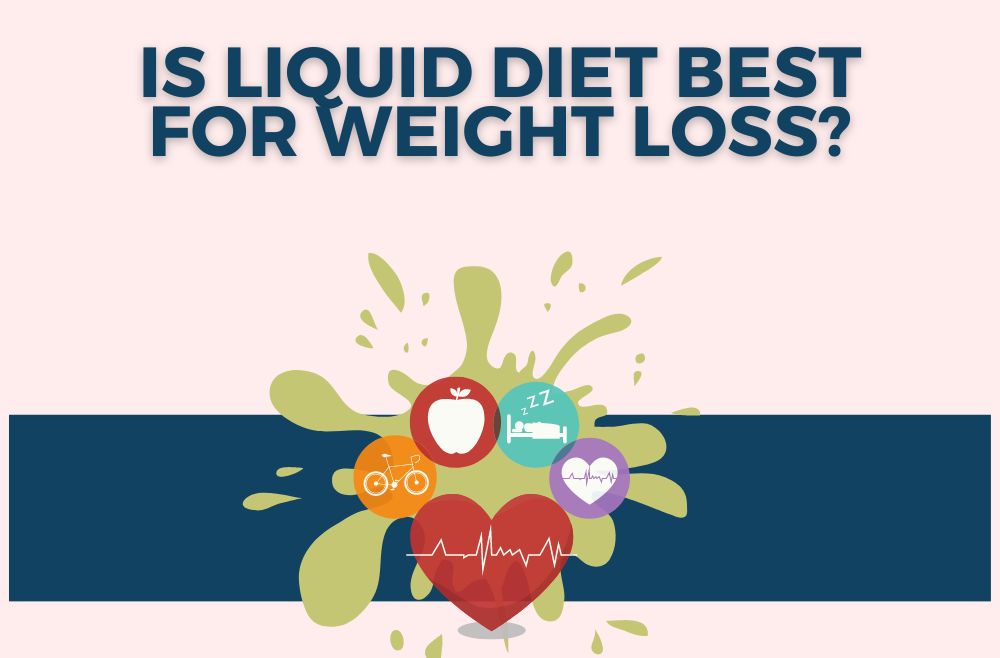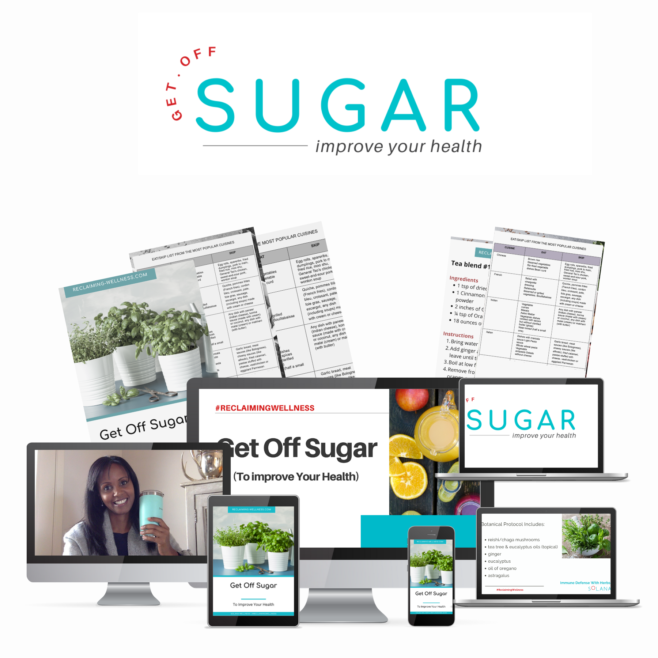Many people turn to liquid diets as a quick-fix for shedding those extra pounds. But is it really the best choice?
Let’s explore this slippery slope of dieting together and see if liquid diets are the answer to achieving your weight loss goals.
Key Takeaways
- Liquid diets can be an efficient way to consume nutrients and provide calorie and portion control.
- They are associated with rapid weight reduction and can help reduce bloating and inflammation.
- However, liquid diets can be restrictive and may not provide essential nutrients, leading to health risks and nutrient deficiencies.
- It is important to consider alternatives to liquid diets such as meal planning and portion control, which can be tailored to individual needs and preferences.
Overview of Liquid Diets
A liquid diet is a meal plan that consists of only beverages and other liquid foods. It is often used for medical reasons, such as before surgery or to improve digestion, but it can also be used for weight loss.
The health benefits of a liquid diet include improved digestion and nutrition absorption, reduced risk of digestive problems, increased hydration, and lower calorie count. However, dietary restrictions must be taken into consideration when following this type of meal plan due to its limited food choices.
When done correctly with the guidance from a healthcare professional, a liquid diet can help you reach your weight loss goals in a healthy manner.
Pros of Liquid Diets
You may be considering a liquid diet for either potential weight loss or to ease digestion. Liquid diets provide an efficient way of consuming many of the same nutrients found in traditional foods. They can be easier on the digestive system than solids. Furthermore, they are often associated with rapid weight reduction when used as part of an overall diet plan.
Potential weight loss
Seeing potential weight loss results is likely one of the reasons you’re considering a liquid diet. A liquid diet may provide you with calorie control, portion control, improved digestion, increased energy levels, and reduced cravings.
By replacing solid foods with liquids, you’ll be cutting down on calories while still getting important vitamins and minerals from juices and other beverages. Liquid diets can also help reduce bloating and inflammation that comes as a result of eating processed food.
There is no guarantee that these diets will lead to long-term weight loss, but they are easy to follow and offer potential health benefits – which could give you the motivation to take control of your lifestyle habits for lasting change.
Easier digestion
Replacing solid foods with liquids can help ease digestion and reduce bloating. Making the switch to a liquid diet helps improve eating habits, and may lead to long-term lifestyle changes for those looking to maintain a healthy weight.
The nutrients in liquid diets are easily absorbed by the body, as compared to the hard-to-digest fibers found in many solid foods. This means that more of the vitamins and minerals found in fruits and vegetables will be available for your body to use, helping it stay nourished without having to work so hard at breaking down food.
Additionally, this type of diet can be tailored specifically for individual needs such as allergies or intolerances while still providing adequate nutrition.
Cons of Liquid Diets
Liquid diets can be restrictive and may not provide all of the essential vitamins and minerals that your body needs. This could lead to health risks such as fatigue, malnutrition, and nutrient deficiencies, which can cause serious medical conditions in the long run. Furthermore, because liquid diets are low in calories, they may not meet all of your daily nutritional requirements. Additionally, it is difficult to get enough protein on a liquid diet, which can lead to muscle loss over time.
| Pros | Cons |
|---|---|
| Easier digestion | Health risks & nutrient deficiency |
| Faster weight loss results | Low caloric intake & lack of protein |
Types of Liquid Diets
You’ve likely heard of liquid diets, but do you know the different types? There are various types of liquid diets, ranging from full-liquid to partial-liquid. All involve restricting calories and come with health risks.
Liquid diets often lack essential vitamins, minerals and other nutrients. Some diets limit intake of solid food for a short period, while others suggest cutting it out completely. Others recommend drinking meal replacements such as protein shakes or smoothies.
It’s important to understand all the pros and cons before deciding which type is best for you. Make sure to consult with your healthcare provider about any potential health risks associated with each option.
With the right support and guidance, you can make an informed decision that will help you reach your weight loss goals in a safe way.
Alternatives to Liquid Diets
If you’re looking for alternatives to liquid diets, there are several other options available that don’t involve restricting calories.
Meal planning and portion control are two practices that can help people achieve their health goals without having to consume only liquids. A meal plan should be tailored to an individual’s needs and preferences, while portion control helps keep intake in check.
| Meal Planning | Portion Control | Alternatives |
|---|---|---|
| Plan meals based on individual needs and preferences | Monitor the size of each food serving consumed | Intermittent fasting, low carb diet, clean eating |
| Create a balanced plate with each meal | Stick to recommended portion sizes for each food group | Weight Watchers program, calorie counting app |
| Consider overall nutrition (e.g., fiber) as well as caloric content of meals | Ensure portions match hunger level at any given time | Low fat diet, Mediterranean diet |
Alternative Recommendations
We’ve found these alternatives to a strict liquid diet that work:
Keto for quick wins
Sirt diet (Adele’s favorite weight loss method)
Frequently Asked Questions
What types of foods can I include in a liquid diet?
You can include non-dairy milks such as almond, cashew, and oat milk in your liquid diet. Meal replacements such as smoothies or shakes are also great options to ensure you get the nutrition you need. Consider adding ingredients like nuts, seeds, fruits and vegetables for added vitamins and minerals.
Are there any health risks associated with liquid diets?
Yes, liquid diets can pose health risks. Not meeting your hydration needs and food cravings can cause fatigue, nausea and headaches. Make sure to speak with your doctor before starting any diet plan.
How long should I stay on a liquid diet?
You should not remain on a liquid diet for more than a few days. Consider snack options such as nuts, fruits, and vegetables or dietary supplements to stay nourished. Make sure you consult with your doctor before making any changes to your diet.
What kind of results can I expect from a liquid diet?
You can expect detox benefits and portion control from a liquid diet. It may help you lose weight, but it depends on how consistent you are with the diet. Results vary for everyone, so it’s important to find what works for you.
Is it safe to follow a liquid diet for an extended period of time?
Monitoring progress, hydration levels and meal planning are key to safely following a liquid diet long-term. You’ll want to consult with your doctor before beginning and be sure to check in regularly for their guidance.
What’s Next?
In conclusion, liquid diets have both pros and cons. While they can be effective for short-term weight loss, there are certain risks associated with them.
Furthermore, it’s important to consider the types of liquid diets available and weigh the benefits and drawbacks carefully before embarking on one.
Ultimately, you should think of a liquid diet as a temporary fix – like trying to fill a hole in the ground with water – instead of finding an effective long-term solution.


